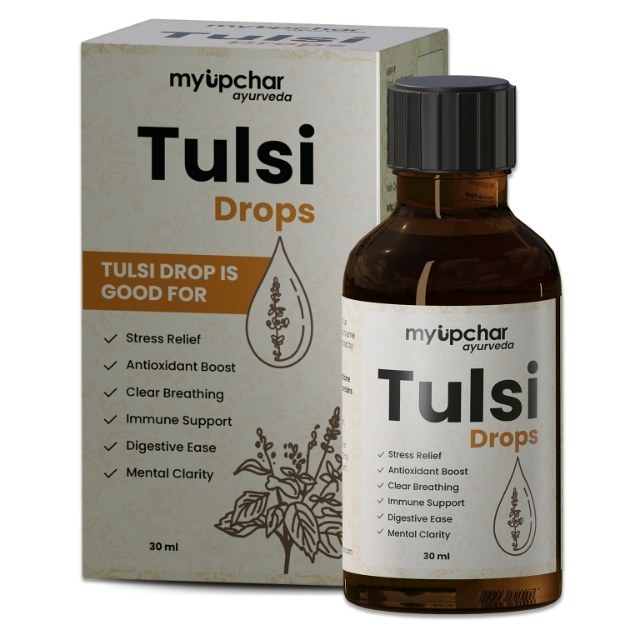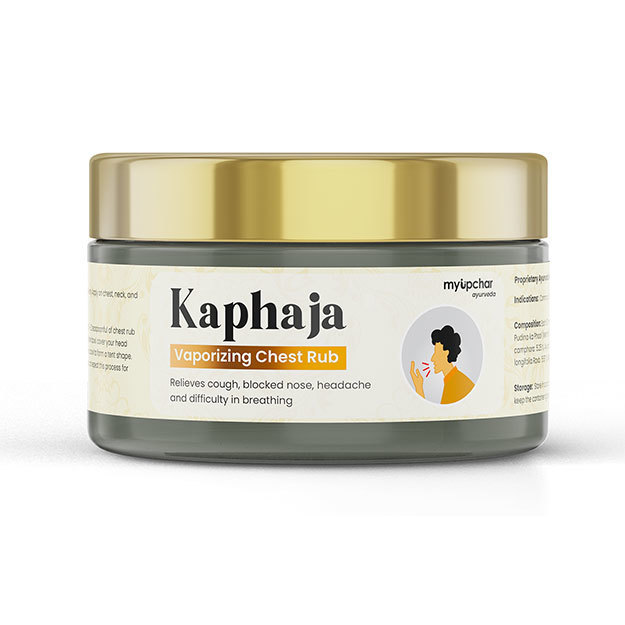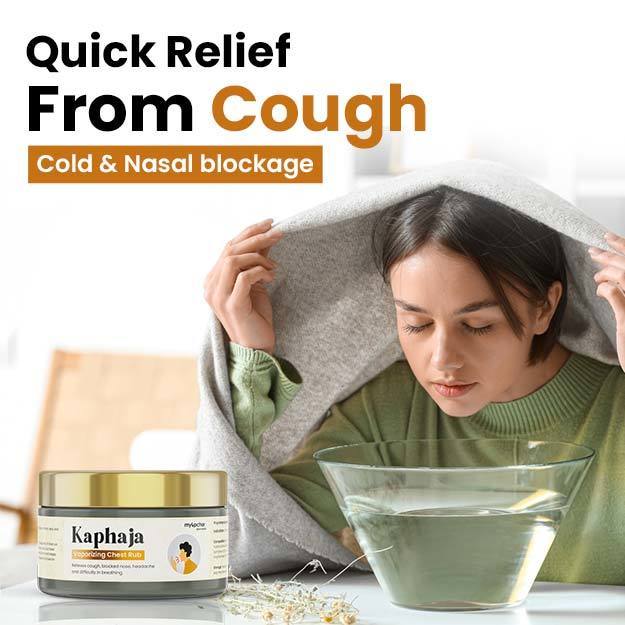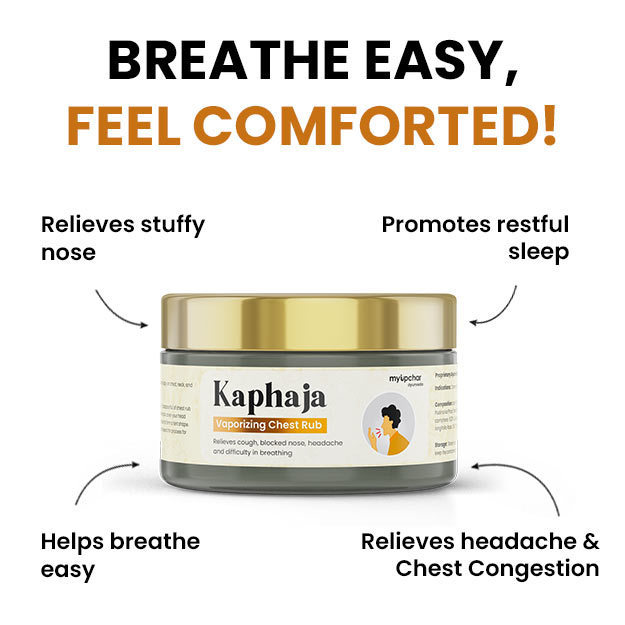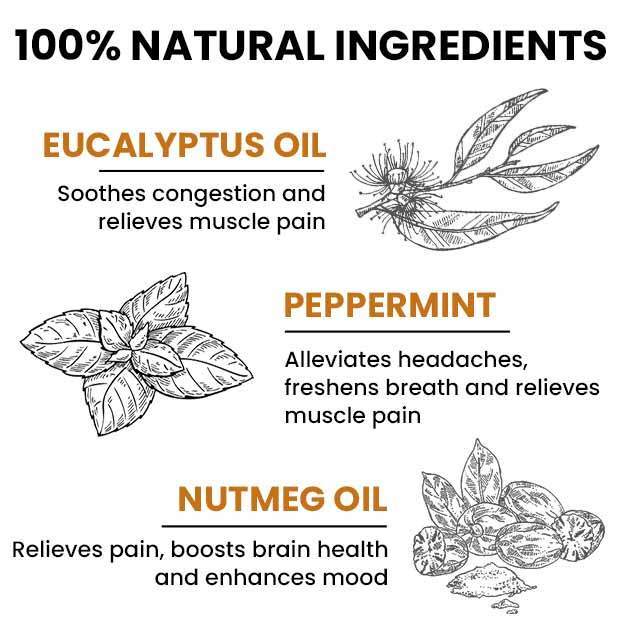Runny nose, also called rhinorrhoea, is a condition marked by excessive fluid discharge from the nose. This discharge may be thin or thick, clear or coloured, and intermittent or persistent. Your nose and sinuses normally produce a certain amount of mucus to keeps itself moist. Excessive secretion of mucus with watery consistency leads to rhinorrhoea.
Many conditions can lead to a runny nose, for e.g., cold weather, crying, cold and flu, nasal polyps, allergic rhinitis, nonallergic rhinitis, nasal tumours and deviated nasal septum. Most times, a runny nose does not require treatment and goes away on its own. But if it persists for more than 10 days, the diagnosis of the underlying cause is needed to treat the condition. Other symptoms that are commonly experienced with a runny nose are fatigue, facial pressure, sore throat, cough and, occasionally, fever. A runny nose due to allergies has associated symptoms like itchy and watery eyes and sneezing.
Homeopathy describes numerous medicines that can treat a runny nose and the symptoms associated with it. These include arsenicum album, gelsemium sempervirens, sabadilla, quillaya saponaria, justicia adhatoda, euphrasia officinalis, bromium, ambrosia artemisiaefolia, kalium iodatum, natrium muriaticum, natrium arsenicosum and arsenicum iodatum.
- Homeopathic medicines for runny nose
- Dietary and lifestyle changes for a runny nose patient as per homeopathy
- How effective are homeopathic medicines and treatments for runny nose
- Side effects and risks of homeopathic medicine and treatments for runny nose
- Takeaway
Homeopathic medicines for runny nose
- Natrium Muriaticum
Common Name: Chloride of sodium
Symptoms: Natrium muriaticum is a suitable remedy for individuals who have dry mucous membranes (inner lining of certain organs like nose and gut). The following are some symptoms that can be treated using this medicine:- Inflammation affecting the mucous membranes of the nose
- Soreness of nose from the inside
- Blocked nose causing difficulty in breathing
- Loss of olfactory and gustatory senses (sensation of taste and smell)
Symptoms worsen with mental exertion, on talking, with loud music, and lying down at 10 a.m. Lying on the right side, bathing with cold water, wearing tight clothes and putting pressure against the back can help improve symptoms.
- Euphrasia Officinalis
Common Name: Eyebright
Symptoms: Eyebright is mainly used to treat inflammation of the mucous membranes of eyes and nose and release of offensive mucus from nose. Some other symptoms that can be effectively managed with this remedy are:- Excessive expectoration (mucus production)
- Violent coughing
All symptoms worsen in warm weather, especially during the evening. They also worsen when the patient stays indoors for a long time. Symptoms may get better in the dark and on drinking coffee.
- Arsenicum Album
Common Name: Arsenious acid
Symptoms: This medicine is good for a variety of problems and is best-suited to individuals with restlessness and weakness who get excessively exhausted after slight physical work and have green discharges. Other symptoms that can be managed by this medicine are:- Inflammation of the mucous membranes of the nose
- Excessive sneezing
- Nosebleeds along with a burning sensation in the nose
- Blocked nose
The patient complaints of aggravated symptoms in rainy weather, post-midnight and after eating and drinking cold food and beverages. Symptoms get better when the patient keeps their head elevated or takes warm drinks.
- Gelsemium Sempervirens
Common Name: Yellow jasmine
Symptoms: Yellow jasmine is useful in the treatment of flu, muscle weakness, drowsiness, dizziness and dullness. Other symptoms that can be treated using this remedy are:
The symptoms worsen at 10 a.m. Damp or foggy weather, thinking too much about the symptoms, and tobacco smoking may also lead to worsening of the symptoms. Symptoms improve after profuse urination, on stooping, or on moving about in open air.
- Sabadilla
Common Name: Cevadilla seed
Symptoms: Sabadilla is an excellent remedy for hay fever (allergic rhinitis) since it reduces inflammation of the mucous membranes of the nose. It is also useful in treating:- Pain and redness of eyes along with excessive tear production
- Recurrent and irregular sneezing and a runny nose
All complaints worsen in cold weather and on consuming cold drinks. Symptoms may also worsen on a full moon night. Improvement in the symptoms is observed after consumption of warm food and drinks and on keeping one's body wrapped in warm clothes.
- Quillaya Saponaria
Common Name: Chile soap-bark
Symptoms: This homeopathic remedy is used to manage the following symptoms:- Acute inflammation of the mucous membranes of the nose
- Excessive sneezing
- Sore throat
- Cough with difficulty in expectoration and clearing of the respiratory tract
- Cold with dryness of the throat
- Justicia Adhatoda
Common Name: Singhee
Symptoms: This remedy is primarily useful for treating acute inflammatory conditions of the respiratory tract. It helps treat symptoms like:- Cough with constant sneezing
- Heaviness in the head
- Whooping cough
- Chest pain
- Suffocation due to obstruction of respiration
- Bromium
Common Name: Bromine
Symptoms: Bromium is primarily used to treat symptoms of the respiratory tract. It is especially effective in the management of excoriating discharges, weakness and profuse sweats. Some other symptoms that can be relieved with bromium are:- Blocked nostrils
- Inflammation and soreness of the nose
- Nosebleed
- A sensation of pressure at the root of the nose
- Persistent whooping cough
Symptoms aggravate from in warm and damp weather, from evening to midnight, and on lying on the left side. Symptoms improve with exercise or any kind of physical activity.
- Ambrosia Artemisiaefolia
Common Name: Rag-weed
Symptoms: This remedy is beneficial for the treatment of hay fever, whooping cough and other problems of the respiratory tract. It can treat symptoms like:- Nosebleeds
- Wheezy cough
- A stuffed feeling in the head and nose
- Inflammation in the membranes of the nasal cavity
- Kalium Iodatum
Common Name: Iodide of potassium
Symptoms: Kalium iodatum is primarily used to treat swelling and inflammation of the mucous membranes. It also helps treat other symptoms like:- Dry and stuffy nose
- Redness and swelling of the nose
- Violent cough
- Severe pain in the root of the nose
- Profuse nasal discharge that is greenish in colour
- Headache
Symptoms worsen in damp weather and at night. Warm clothing and being in a warm room also worsen the symptoms. Symptoms may improve with increased movement in open air.
- Natrium Arsenicosum
Common Name: Arseniate of sodium
Symptoms: Natrium arsenicosum is effective in reducing symptoms like:- A blocked nose
- Mucus accumulation in the nasal cavity, which is thick and yellow in colour
- Pain at the root of nose
- Headache
- Bronchitis
- Cough with persistent green expectoration
- Watery discharge in the nose that drops in the throat
- Crusting in the nose
- Arsenicum Iodatum
Common Name: Iodide of arsenic
Symptoms: Iodide of arsenic is a suitable remedy for individuals who have a persistent, irritating watery discharge that causes redness and swelling of the mucous membranes. It is also useful in managing the following symptoms:- Painful cough and hoarseness
- Excessive sneezing
- Profuse expectoration
- Excessive discharge and build-up of mucus in the nose and throat
- Weakness
- Swelling of the nose
- Recurring fever
Dietary and lifestyle changes for a runny nose patient as per homeopathy
Along with medicines, homeopathic doctors suggest some dietary and lifestyle modifications to their patients, which can help them heal quickly. Also, some foods are not recommended to be taken with homeopathic medicines as they can negatively affect the action of the medicine. Here are some of those guidelines that you may be asked to keep in mind while on a homepathic therapy:
Do’s:
- Follow a healthy diet.
- Follow an active lifestyle including sufficient physical activity, such as walking, in your routine.
- Stay in a cool and well-ventilated room.
- Keep your surroundings clean and tidy and maintain good hygiene.
Don’ts:
- Do not use strong-smelling products like perfumes since these may affect the action of homeopathic medicines.
- Do not eat spicy foods, spiced chocolates, old cheese, sauces and spiced cakes.
- Do not eat foods that contain medicinal herbs or roots and stalks of plants that possess medicinal properties.
- Avoid food items containing onions, celery and stale meats or meat of ducks and geese.
- Avoid all excesses in food like the excess of sugar or salt.
How effective are homeopathic medicines and treatments for runny nose
Numerous homeopathic remedies have been used to treat runny nose and its associated symptoms. These remedies are prescribed based on the clinical condition of the individual and their mental and physical make-up. Homeopathic remedies combat the inflammation responsible for a runny nose and alleviate the underlying cause of the inflammation.
A literature review published in the journal 'Systemic reviews', indicated the effectiveness of homeopathy in the treatment of allergic rhinitis. Allergic rhinitis is a condition causing the inflammation of the mucous membranes of the nose and is most commonly associated with symptoms such as runny nose, sneezing and watering of the eyes. Several types of studies involving individuals of all age groups were included in the review. The primary outcome of this study reported that homeopathy helps in improving all the symptoms including a runny nose.
A clinical trial conducted at the University of Washington, USA, found that homeopathic remedies can be successfully used to manage upper respiratory tract infection in children with associated symptoms such as runny nose, cough, nasal congestion and sneezing. For the trial, a total of 50 children below 18 years of age were recruited and 49 were finalised. A homeopathic formulation consisting of several ingredients including euphrasia officinalis, natrium muriaticum, phosphorus, pulsatilla pratensis and sulphur was used for the treatment. Most of the participants experienced relief in almost all the symptoms.
Side effects and risks of homeopathic medicine and treatments for runny nose
Homeopathic remedies are extensively diluted before use and hence are considered to be safe and effective in a huge range population. The dilution is done in such a way that the medicine retains its therapeutic properties, but there is no risk of any adverse effect.
These medicines are particularly useful in individuals who cannot opt for conventional therapies due to their side effects and are considered to be safe and effective in managing conditions in young children, babies and pregnant women.
However, since it needs proper knowledge of the right dilution and the right remedy that would suit an individual, it is always best to refer a homeopathic pracitioner before taking any remedy.
Takeaway
A runny nose is one of the common problems that affects people of all ages. It can occur due to a number of underlying conditions including allergies and infections. Homeopathy describes various natural remedies for runny nose, which are prescribed on the basis of the clinical condition of the individual and their physical and mental characteristics. When taken under the guidance of a doctor, these medicines are said to be safe and effective in people of all age groups.
Find Homeopathic Doctor in cities
References
- Stanford Children's Health. Chronic Rhinorrhea (Runny Nose). California; [Internet]
- Cleveland Clinic. [Internet]. Cleveland, Ohio. Runny Nose: Possible Causes
- Oscar E. Boericke. Repertory. Médi-T; [lnternet]
- The European Comittee for Homeopathy. Benefits of Homeopathy. Belgium; [Internet]
- Kushal Banerjee, Ceire Costelloe, Robert T Mathie, Jeremy Howick. Homeopathy for allergic rhinitis: protocol for a systematic review. 2014 Jun 10. PMID: 24913155
- Wenda Brewster O’Reilly. Organon of the Medical art by Wenda Brewster O’Reilly . B jain; New Delhi





